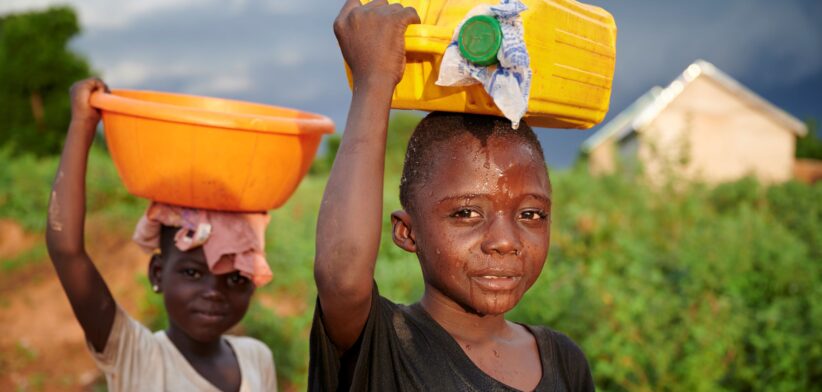More than 2 billion people, one in four of the world’s population, lack access to safe drinking water.
A new World Health Organization (WHO)-UNICEF report, released to coincide with World Water Week (August 24-28) also found 106 million people were drinking directly from untreated surface water sources.
WHO Environment, Climate Change and Health Director Ruediger Krech said despite progress over the last decade, billions of people around the world still lacked access to essential water, sanitation, and hygiene services, putting them at risk of disease and deeper social exclusion.
“Water, sanitation and hygiene are not privileges, they are basic human rights,” Dr Krech said.
He said the latest report also found 3.4 billion people lacked safely managed sanitation, including 354 million who practiced open defecation, while 1.7 billion people lacked basic hygiene services at home, including 611 million without access to any facilities.
“People living in low-income countries, fragile contexts, rural communities, children, and minority ethnic and indigenous groups face the greatest disparities.”
Dr Krech said people in least developed countries were more than twice as likely as people in other countries to lack basic drinking water and sanitation services, and more than three times as likely to lack basic hygiene.
UNICEF Director of Water, sanitation and hygiene (WASH) Cecilia Scharp said one of most disadvantaged groups were adolescent girls aged 15–19.
“When children lack access to safe water, sanitation, and hygiene, their health, education, and futures are put at risk,” Dr Scharp said.
“These inequalities are especially stark for girls, who often bear the burden of water collection and face additional barriers during menstruation.
“At the current pace, the promise of safe water and sanitation for every child is slipping further from reach – reminding us that we must act faster and more boldly to reach those who need it most.”
Read the full report: Progress on household drinking-water, sanitation and hygiene 2000-2024: Special focus on inequalities.








